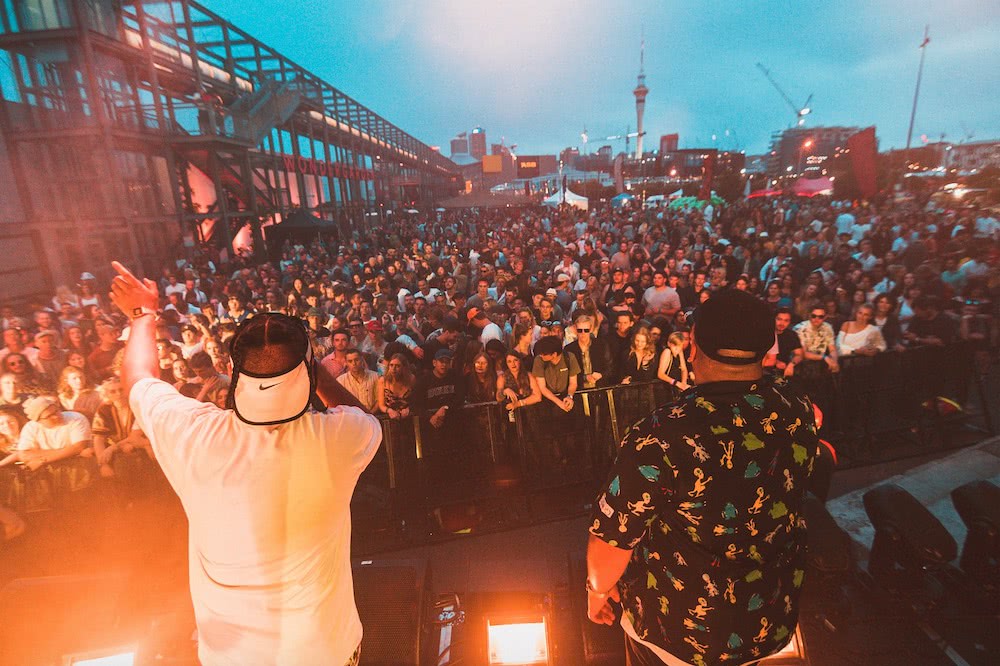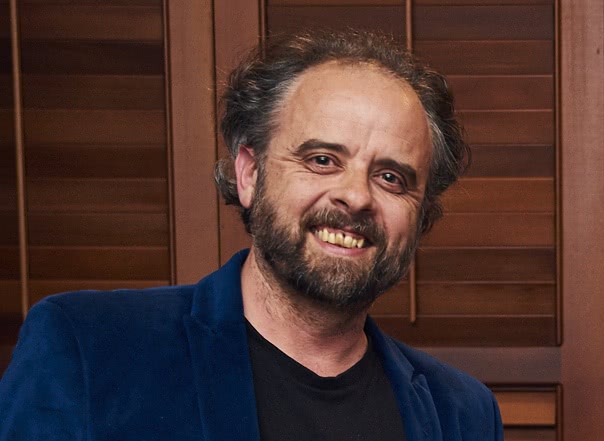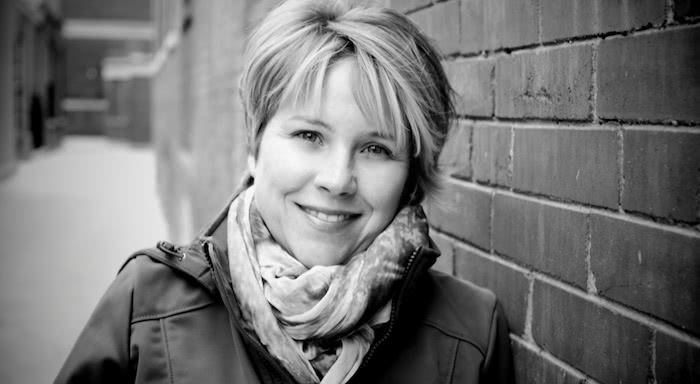Auckland joins UNESCO creative cities network

Auckland, the newest UNESCO City of Music, is keen to develop new partnerships with its Australasian counterparts under the United Nations program.
New Zealand’s largest city was officially designated a creative city last year and yesterday (November 14) unveiled its first strategy document at the program’s official launch.
The blueprint was drawn up by the Auckland City Of Music (ACOM) Steering Group, which is made up of representatives from music industry organisation and a number of Auckland Council departments and business units.
Among the key goals for the council will be to build relationships with other members of the Australasian sub-group of the UNESCO Creative City Network (UCCN). Australia’s City of Music is Adelaide, while the other Australasian member cities are Melbourne (Literature), Sydney (Film), Geelong (Design) and Dunedin (Literature).
Recorded Music NZ’s Mark Roach, who has been the main driver of the UNESCO music project, says no specific trans-Tasman projects have been discussed as yet, but he believes there will be plenty of opportunities for the various cities to work together.
“We have talked about the Australasian network and how we can interchange professional development between those cities,” he says. “They are all inter-related, particularly film, music and literature, so we should be able to capitalise on that in some way.”
Roach is particularly interested in following the lead of Melbourne and Adelaide in establishing a live music census for Auckland to build up an accurate picture of the sector. He acknowledges that Auckland’s live music scene has slipped in recent years, with the close of a number of iconic venues, and promoting local grassroots venues is one of key goals of ACOM’s strategy.

Mark Roach
“It’s something I am passionate about, but at the same time I don’t run a grassroots venue,” Roach says. “So the next stage will be getting the grassroots venues together and saying ‘what do you need that will make a difference’.”
Other key goals of Auckland’s UNESCO program include developing creative incubator hubs, the growth of sustainable creative communities, championing Maori music on the world stage and the preservation of the city’s music heritage.
Auckland Mayor Phil Goff, who described the UNESCO designation as “a great accomplishment”, launched the strategy document. “It’s recognition of the richness of the music culture of Tamaki Makaurau [Auckland],” he continued. “It’s something that really backs up Auckland Council’s vision of Auckland as being a world class city and a place where talent wants to live.”
Prime Minister Jacinda Arden – who is currently in Singapore – sent a video message praising the achievement, while APRA Amos’s NZ head of operations Anthony Healey urged the music industry to let steering group know what needs to be done for the city to achieve its goals.
He cited the example of the APRA Song Hubs as a way in which the industry was working to boost its profile internationally. “What is so exciting about the City of music concept that the possibilities really are infinite,” he added. “There is a growing recognition of music as a transformative power, not only as a cultural staple but also as a social and economic driver for a city.”
Another guest speaker was Amy Terrill, executive vice president at industry organisation Music Canada, who is also the co-author of the widely praised study ‘Mastering A Music City’.
She shared examples of some of the success stories in Canada, which include the creation of music hubs, the development of more music-friendly council regulations and the use of libraries as rehearsal and performance spaces.

Amy Terrill
Terrill said Auckland will be able to draw on the experiences of other creative cities around the world in developing its music strategies, although she stressed that it was important for individual cities to develop their own unique vision.
“If attracting and retaining the talent is one of your core objectives, then differentiating yourselves from other music cities is going to be important,” she said.
This article originally appeared on The Industry Observer, which is now part of The Music Network.


































